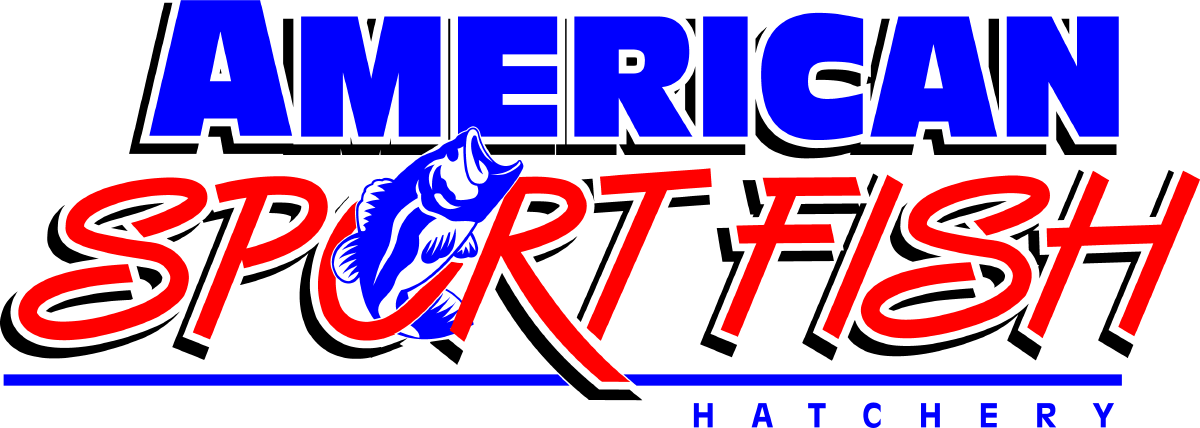What’s Happening In Pond Management – October 2011
If you’re a few years either side of senior citizen status, you have assimilated almost 100-years of history on subjects important to you. You learned from 55 plus years “personal experience”. For some of us, the balance of knowledge was acquired in fishing boats or sitting around campfires with those who were passing the torch of a tradition to the next generation. When I experienced that right of passage, the focus was critters and Nature.
You would assume 100 years of history holds unquestionable validity. After all, folks who shepherd the success of their passion have but one unwavering goal. In our case, it’s conservation stewardship. When we build a pond, it benefits the land and surrounding wildlife. When we stock fish, it contributes special times and food on the table. There are no selfish motives. Just hope the endeavor will benefit many.
Today, a small group is attempting to block future generations from carrying on this heritage. Years ago, the government built “conservation lakes” to manage flood plains. Now it says such impoundments disrupt the environment. We recently heard of a landowner who wanted to build a three to five-acre pond, but was told he would need a “permit” because the site was in a certain drainage system. Obtaining the permit would require a consultant and substantial associated costs.
Remember the excitement when your new lake filled and the big day arrived to stock fish. If environmentalists succeed, there will be fewer folks in California living that dream. State fish and game regulators are moving forward with restrictions on fish stocking companies, including hatcheries and private ponds. They contend stocking fish has negative effects on native species and habitat. Another proposal would mandate visitors to a private lake to obtain a fishing license.
Owners of pay-to-fish ponds would be required to conduct an estimated $100,000 environmental review to determine if their operations harm local wildlife. One family who has operated a fee fishing lake for 30-years, without incident, could be forced out of business. Thousands of privately owned ponds would need stocking permits that require environmental assessment. They exist in backyards, farms, golf courses, and homeowners associations.
Reflecting on my 100-year record of studying and enjoying fish, mostly in private lakes, I don’t recall one negative incident. I’ve observed critters from numerous species thrive while sharing a pond with fish. During 20-years around the pond management industry, I’ve helped stock my share of fish. I’m still catching healthy bass from one of the first lakes. I regularly visit with folks who like to relate memorable times at their ponds. I’ve never heard anyone say their beloved fish “damaged the environment”. Don’t take one minute around your pond for granted. Some uninformed group may attempt to disrupt your enjoyment of it.— Walter Bassano.
